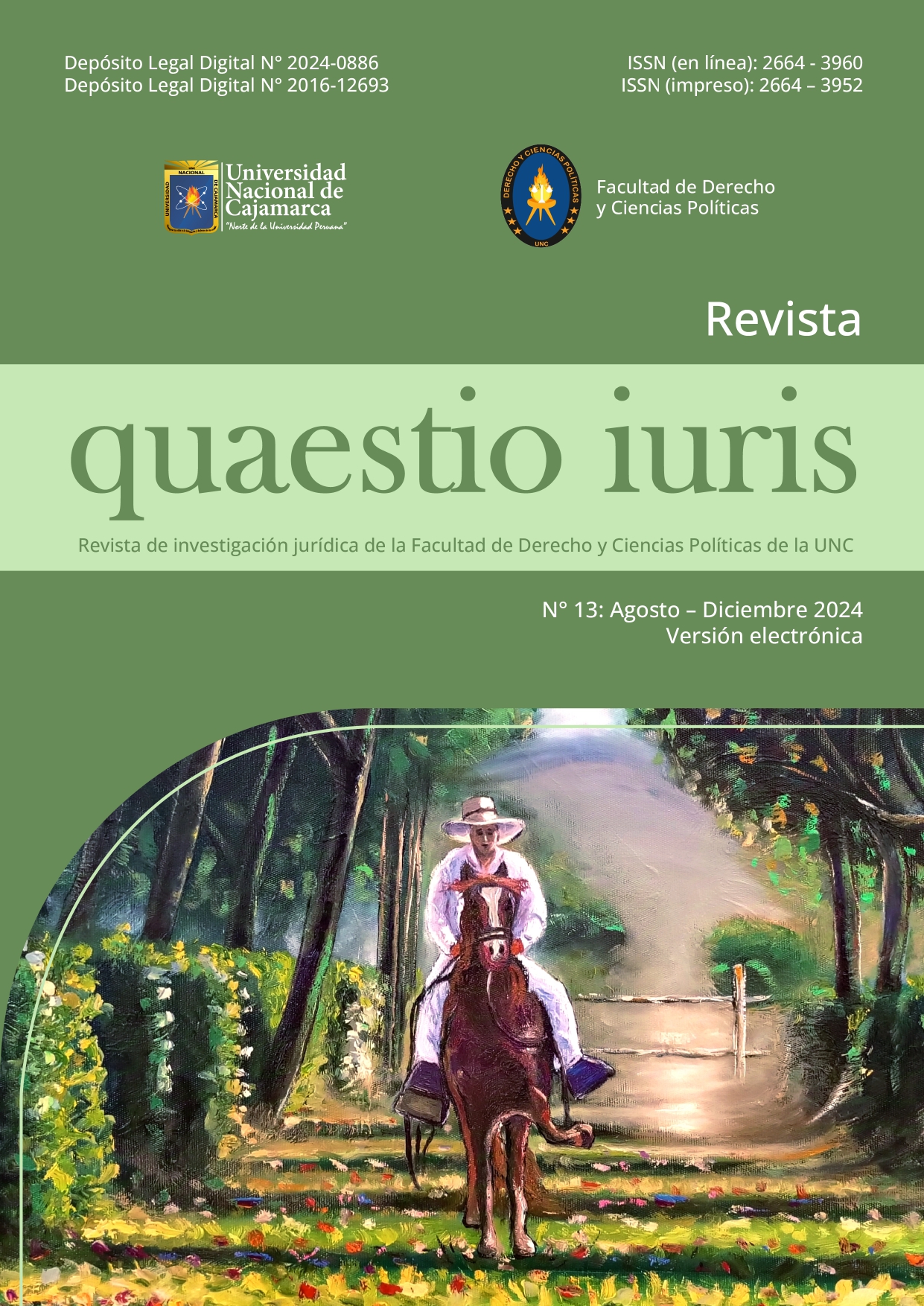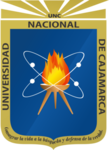Protección legal y jurisprudencial de los derechos de la naturaleza
DOI:
https://doi.org/10.70467/rqi.n13.1Palabras clave:
sujeto de derecho, Yaku-Unu Mama, ordenanza municipal, visión antropocéntrica y econcéntricaResumen
La investigación aborda los avances legales a nivel provincial y distrital en el sur peruano, Departamento de Puno, que reconocen los derechos de la Yaku Unu Mama, es decir, la Madre Agua manifestada a través de ríos y sus afluentes de agua. Al igual que la atribución de personería jurídica del del Río Marañón a cargo del Juzgado de Natura I, Departamento de Loreto, y las implicancias del principio precautorio en el cuidado y la prevención del segundo río más grande de Perú. Desde la visión occidental, el medio ambiente es considerado como fuente de consumo a la cual debemos otorgarle protección jurídica para continuar con la subsistencia de la sociedad, retribuyendo en la mejor medida posible el cuidado necesario para lograr un desarrollo sustentable. Sin embargo, existe una marcada tendencia a nivel de la región que busca reconocer derechos a la naturaleza con la finalidad de incorporarlos en los textos constitucionales. La naturaleza como sujeto de derechos obedece a un paradigma que asume como principio fundamental el respeto de la naturaleza como ente vivo, independiente e indispensable para la vida, esta visión se caracteriza por la relevancia que adquiere la dimensión espiritual, plasmadas en las culturas ancestrales para relacionarse con su entorno natural; esto se traduce en el principio de sumak kawsay asimilado como el “buen vivir”, implica considerar al ser humano como un ser vivo adicional en el planeta (no como centro de este) y por ende, se debe garantizar que su convivencia con los demás elementos naturales sea de manera armónica y respetuosa.
Descargas
Descargas
Publicado
Número
Sección
Licencia
Derechos de autor 2024 Diana Camila Aguilar Castañeda

Esta obra está bajo una licencia internacional Creative Commons Atribución-NoComercial 4.0.










